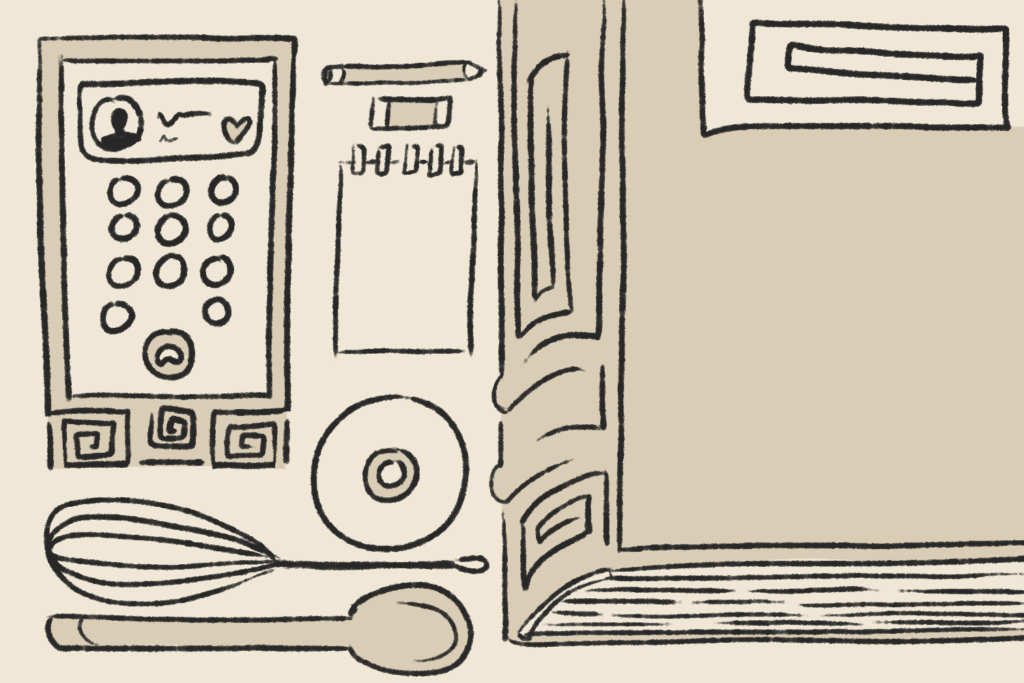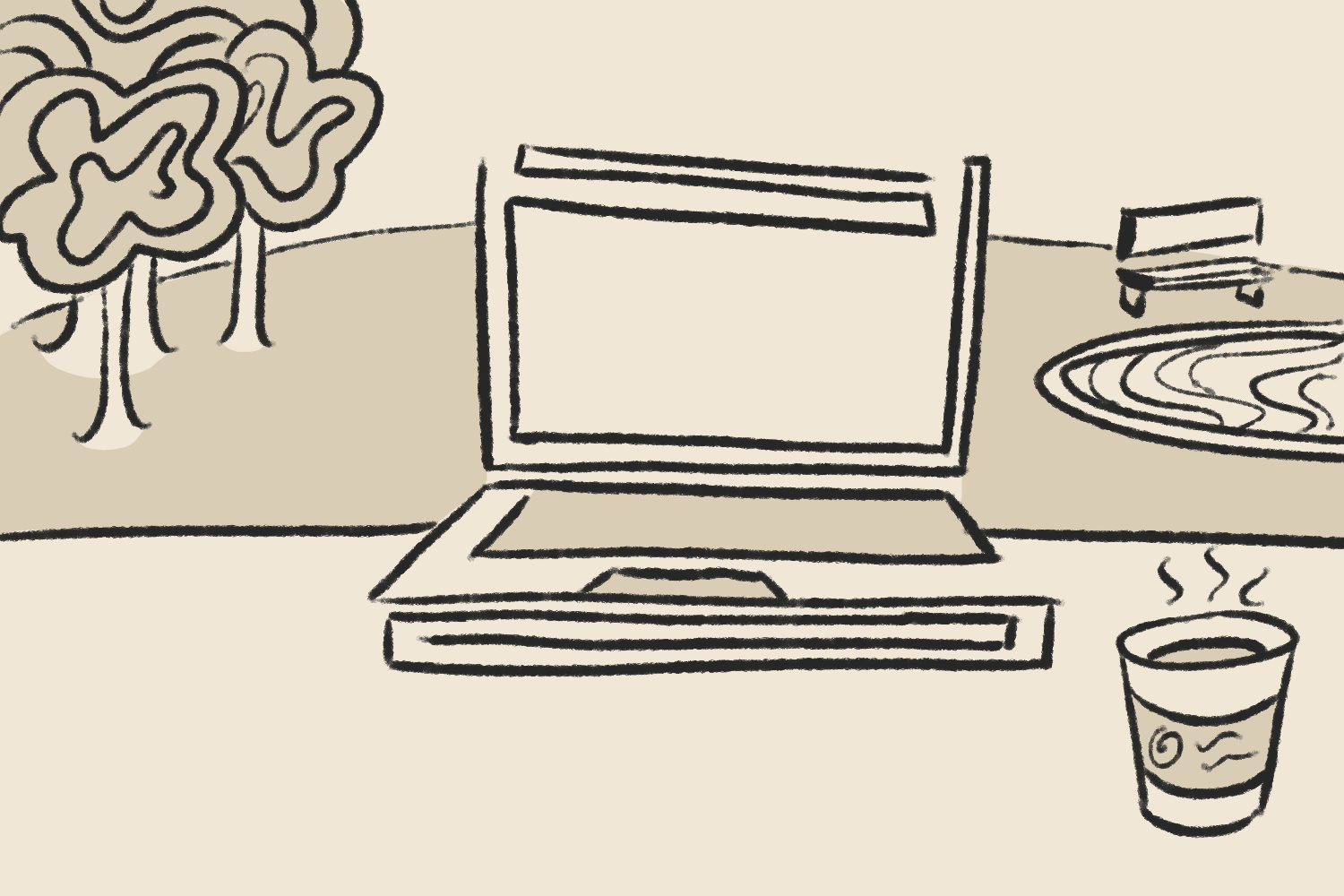Being under pressure and having other rely on you can be a hefty burden, at work or at home. I’ve seen the consequences of people essentially sacrificing their life because of a job or deadline, experienced some myself, and it’s a horrible thing to see, especially if it’s someone you care about.
Just to be clear, I’m not claiming to be a expert in anything, these are just points that I’ve learnt and other people around me have taught me about dealing with extreme pressure.
(These are in no particular order.)
1. Maslow’s Hierarchy of Needs

I find it really interesting when dedication and work ethic can overpower physiological needs such as eating, drinking and sleeping. They may basic and obvious but they are essential. If you do not have adequate nutrition, if you are dehydrated and sleep deprived you’re going to do no-one any good, let alone yourself.
The harsh reality is you’ll get the same amount of work done doing four hours at 10pm, fuelled by caffeine and sugar, as you would the first hour of work at 8am, after a good rest and breakfast with a drink beside you.
2. Say no, people can smell a good work ethic

Unfortunately there are people willing to take advantage of a good work ethic and empathy, whether it’s your boss asking you to stay a little later or your co-workers because they’ve got something on, there’s a chance that one night turns into five and then your work hours are extended permanently.
Now when people ask a favour like this it’s usually a one off and, if you know they’re a good person, they’d do the same for you. But if people are pilling on unnecessary pressure that is not warranted, then decline the request. You’ve got you’re own work to deal with, you don’t need anyone else’s’.
3. Have a life line

There might be times where you feel as if you only live for your work, and that’s all you do. These aren’t permanent but they can last a long time, if you find yourself in this situation then it’s vitally important to have one or more life lines.
The best kind of lifeline would be a family member or friend that you can phone on your commute or when you get home, just to talk to about anything other than work or occasionally vent frustrations. It’s really valuable to have someone like that in your life.
Other lifelines could be rewatching an episode of a comfort series every night to switch your brain off before you sleep or having something lined up to do in the evening that you enjoy, isn’t too taxing and can be spread over weeks or months so it’s always there.
4. Temporarily rearrange how you live

It won’t be pretty but making temporary living changes could relieve some of the pressure you’re feeling. It might be hard if you have a familial responsibilities but hopefully they’ll support you and reach a compromise.
Some of these changes might look like shopping at closer grocery store or having them delivered, making simpler meals, asking your friend or neighbour to temporarily look after any pets or plans if you feel you’re not able to, meal prepping – I’ll touch on that later and more.
It is quite subjective but think about what things you feel you can’t do or could do without, even a small change could help.
5. Revaluate your priorities

Of course, stressful times at work aren’t time for mindful contemplation but being under pressure will naturally make you reflect a little.
Almost no-one on their deathbed wishes they spent more time at the office, so where and how do you want to spend your time? And what small steps can you take towards it.
6. Your home is now your safe space

When the work day, make sure you have a space that doesn’t stress you out and you can spend a few hours at peace. For example, keeping your living room clean, even if other rooms get a bit messy, so when you get in you can immediately flop down on the sofa with a cup of tea and your favourite program.
Another example could be making a really accessible outside space in your garden or a balcony so you can make a beeline for the back door, unwind and enjoy the warm evening. If you work from home the principle is similar but the focus is more on separating your spaces, having a relaxing space and a workspace.
7. Have a plan for when it’s over

This point is a bit subjective, for some people, thinking about holidays and plans outside of work could stress them out even more or make them slow down and feel dejected. However, for some, having ideas about what you could do when the hectic work days could be even more motivational.
If you find you are the latter, make sure to make a plan and stick to it. If you have a general idea of when the stressful times are over or know when the main deadline it, book something. What tends to happen is that you’re going full speed at work and then it jolts to a halt and you’re left tumble wondering what to do with all the momentum you’ve built up.
Again this is subjective, but you could do anything: book a holiday and just have fun, have a nice meal in the new place that just opened around the corner, go out with friends, buy a mountain of snacks and binge your favourite series, anything so long as you’re having a good time.
8. Meal prep

Doing this can be such an asset at any point your life really, but can be especially handy during a work deadline. Again this can look different depending on your situation: you could order dinners from healthy places that do takeaways, a subscription meal box service or, my personal favourite, cooking meals yourself.
The whole point is to have healthy meals that take less time, be that breakfast, lunch or dinner. Breakfast should be easy enough. For lunch, you could eat out or have things prepped in the fridge that you can grab and go. For instance, a homemade green salad lasts about 3-4 days, spending 15min making 4 days worth of food isn’t a bad trade off.
Dinners are probably the easiest to prep as they can just be frozen. If you find some recipes you really like, that can be batch made, you could easily make and store 2 weeks worth of food – just make sure you can freeze what you’re making, just to be safe.
9. Even if you can’t stop, slow down

In some really bad scenarios you might be forced to work weekends. It’s difficult but in situations like this you need to try and take the less stressful route, instead of what you think will destress you. It really is down to you and your needs.
So if you feel like you can take the weekend of definitely do that, it’s the best case scenario. But, if you know that you’ll spend the whole time fretting about work and Monday will come around, all this work has piled up and you had a miserable weekend, then you need to find something that works for you.
Working hell for leather over the weekend won’t help, instead you could go at a more relaxed pace. Work in a nice environment, maybe just work on Saturday or in the mornings of the weekend. That way, when Monday comes, you’ve eased the pressure on yourself and you still would’ve enjoyed your weekend.
10. You’re not a machine, go a little easier on your self

The whole debate around hustle culture is very interesting, but far too black and white. At the end of the day, it’s the effort you put it in and the efficiently you gain to get to where you want to go even faster. Motivation can change and we are all different lives.
If you do try hard at what you do and aren’t where you want to be, that’s okay. You were not built for running one program all the time, being harsh on yourself won’t do anything. If someone spoke to you the same way you speak to yourself, would that be acceptable?
I hope you enjoyed this article, to reiterate, I’m not an expert on anything but I hope these points are food for thought and could help you or a loved one in any way.
– Many thanks, Arryn


Leave a Reply